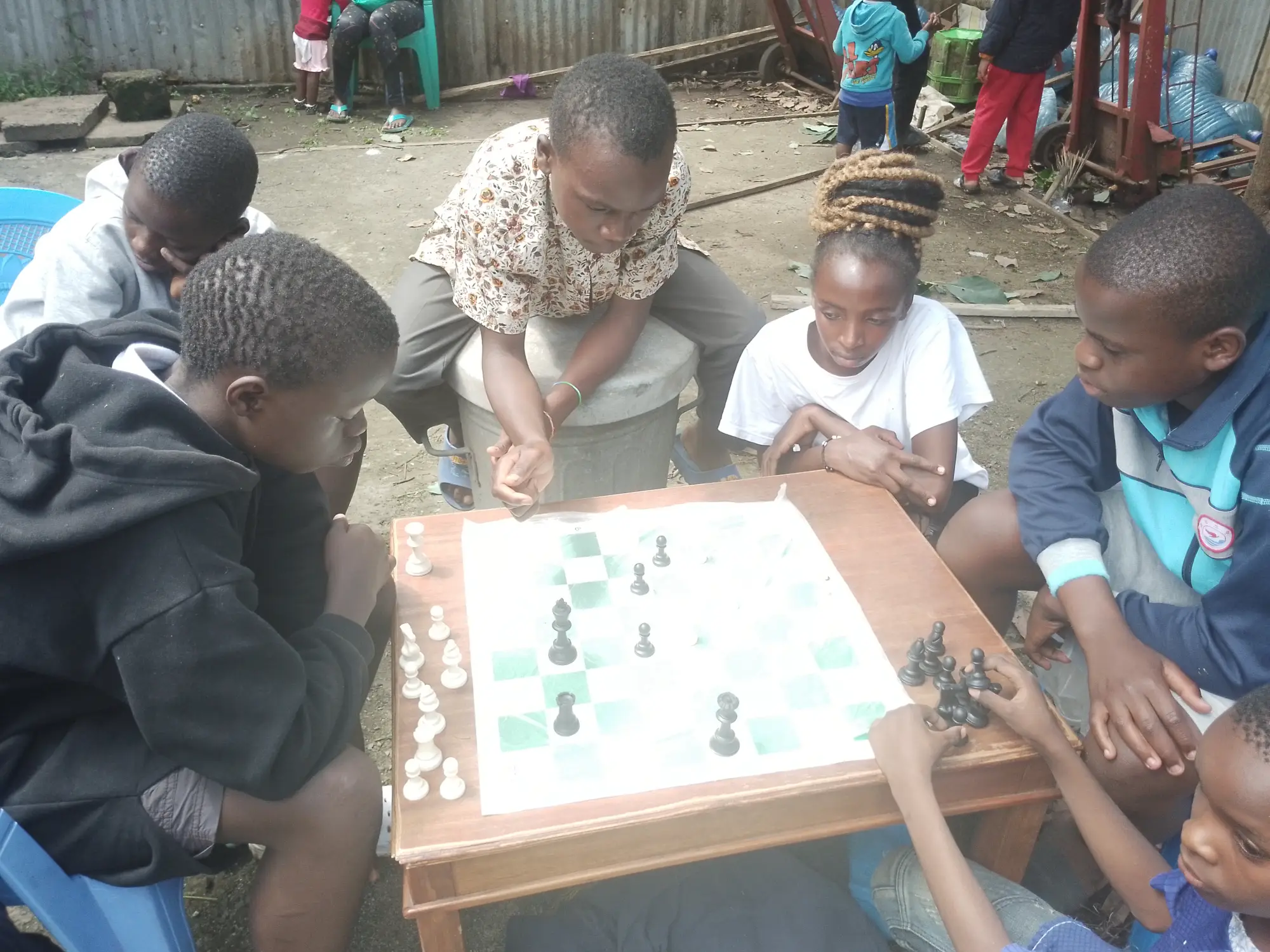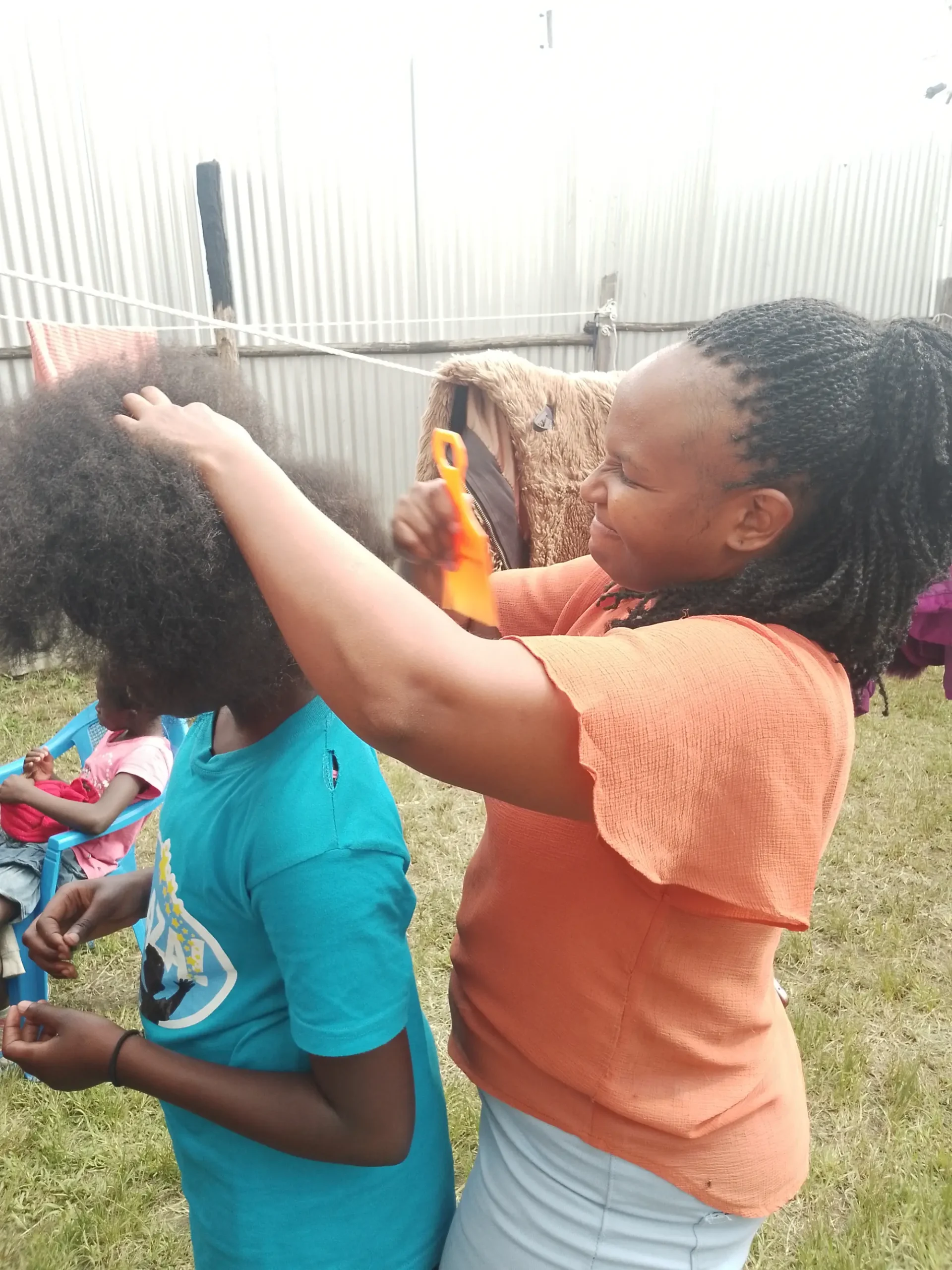- Payment Options
- Terms Conditions
- Malibu 453 blv
- info@charity.com
As children prepare to return to school after the holidays they often need guidance and support to navigate the transition effectively.Mentors and parents play crucial roles in ensuring children feel confident and prepared for the challenges and opportunities that lie ahead.
We look at how to effectively prepare them below;
1: Understanding the Challenges:
Returning to school can be a daunting experience for children, especially after an extended break. They may feel anxious about academic performance, social interactions, and changes in routine. Additionally, the transition from a relaxed summer schedule to a structured school environment can be challenging. Understanding these challenges is the first step in effectively supporting children through the process.
2: Building Confidence:
One of the primary roles of mentors and parents is to instill confidence in children as they return to school. Encourage them to reflect on past successes and remind them of their strengths and abilities. Set realistic expectations and celebrate their achievements, no matter how small. Offer words of encouragement and provide a safe space for them to express their fears and concerns.
3. Establishing Routines:
Routines provide stability and structure, which are essential for children transitioning back to school. Work with children to establish a daily routine that includes designated study time, meal times, and adequate sleep. Encourage them to take breaks and engage in activities they enjoy to prevent burnout. Consistency is key in helping children adjust to the new school year.
4: Setting Goals:
Help children set academic and personal goals for the upcoming school year. Encourage them to think about what they want to achieve and develop a plan to reach their goals. Break larger goals into smaller, manageable tasks and celebrate progress along the way. By setting goals, children are motivated to stay focused and committed to their education.
5: Promoting Social Skills:
Social interaction plays a significant role in a child’s development and well-being. Encourage children to reconnect with classmates, make new friends, and participate in extracurricular activities. Role-play social scenarios and teach them essential communication skills, such as active listening and empathy. Foster a supportive environment where children feel comfortable expressing themselves and forming meaningful relationships.
6: Encouraging Self-Care:
In the midst of academic demands and social pressures, it’s essential for children to prioritize self-care. Teach them the importance of maintaining a healthy lifestyle, including proper nutrition, regular exercise, and stress-management techniques. Encourage mindfulness practices such as deep breathing and meditation to help children cope with stress and anxiety.
Conclusion:
As children embark on a new school term,mentors and parents play a crucial role in guiding them through the transition. By providing support, instilling confidence, and promoting healthy habits, we can empower children to thrive academically, socially, and emotionally.Let us embrace this opportunity to nurture the next generation and lay the foundation for their future success.







We are a community based organization focused on empowering women and Youth through access to information, Education and business opportunities. We educate our community on importance of mental wellness, menstrual hygiene business opportunities and a clean environment as the key to a progressive community. We advocate for tax cut policies that affect women sanitary health and access to favourable loans to empower the youth to have small startups in our community.






© Copyright 2024. Powered by Capenet Global